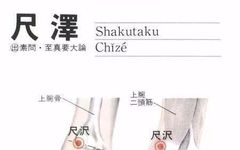
Acupuncture points, known as jingxue (经穴), refer to the points located along the twelve meridians, as well as the Ren (任脉) and Du (督脉) meridians. They are also referred to as the fourteen meridian points or fourteen acupuncture points. In the study of acupuncture points, they are the main focus, primarily indicating the points where qi and blood flow from the meridians to the surface of the body. There are a total of 361 acupuncture points, including 52 single points and 309 paired points, along with an additional 48 extra points.
Each acupuncture point has three main therapeutic functions: local treatment, adjacent treatment, and distal and systemic treatment.
Among the fourteen meridian points, there are several commonly used health maintenance points that not only have therapeutic effects but also health benefits. For example, Hegu (合谷) can treat headaches, wrist swelling, and general fever, while also promoting blood circulation; Baihui (百会) can alleviate headaches and dizziness, enhance blood circulation, promote metabolism, and prevent hair loss.
Below, we will introduce the functions, locations, and indications of 50 commonly used health maintenance acupuncture points.

1. Zhōngfǔ (中府)
Location: Located on the upper outer part of the chest, in the first intercostal space, 6 cun from the midline of the chest.
Function: Cough, asthma, chest tightness, abdominal distension, and hiccups.
Technique: Point, press, knead, rub.
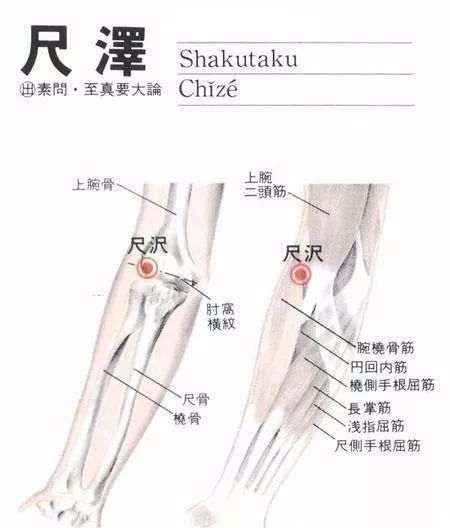
2. Chǐzé (尺泽)
Location: Located at the midpoint of the elbow crease, in the depression on the radial side of the biceps tendon.
Function: Sore throat, chest fullness, elbow and arm pain.
Technique: Push, press, knead.
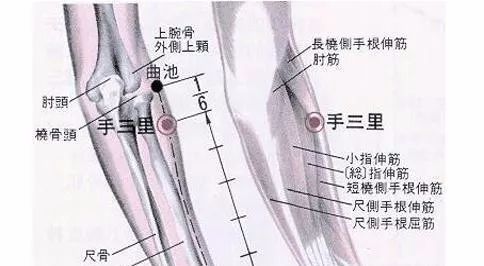
3. Shǒusānlǐ (手三里)
Location: Located on the dorsal side of the forearm, 2 cun below Qūchí (曲池).
Function: Numbness and pain in the arm, difficulty in flexion and extension, abdominal distension.
Technique: Press, knead, scrape.
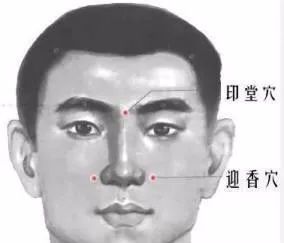
4. Yíngxiāng (迎香)
Location: Located 0.5 cun lateral to the midpoint of the nostril, in the nasolabial groove.
Function: Nasal congestion, rhinitis, facial asymmetry.
Technique: Pinch, press, knead.
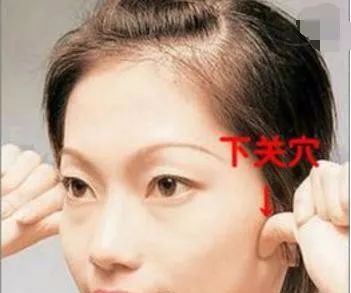
5. Xiàguān (下关)
Location: In the depression formed by the lower edge of the zygomatic arch and the mandibular notch, in front of the ear.
Function: Toothache, deafness, difficulty in opening and closing the mouth.
Technique: Scrape, press.
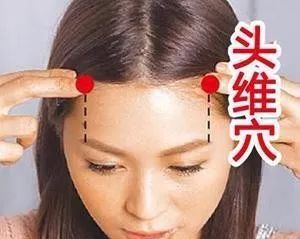
6. Tóuwéi (头维)
Location: Located 0.5 cun above the hairline at the forehead.
Function: Headache, dizziness, eye pain, blurred vision.
Technique: Knead, press.
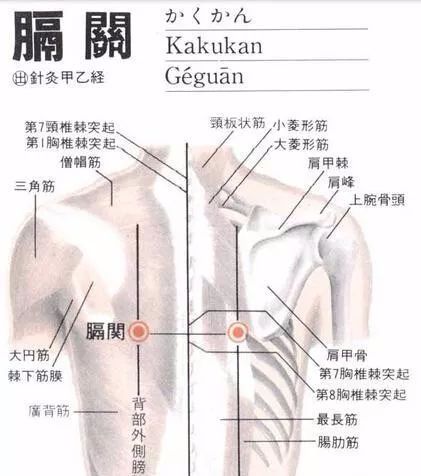
7. Géguān (膈关)
Location: On the back, 3 cun lateral to the spinous process of the 7th thoracic vertebra. It is innervated by the medial and lateral branches of the 6th and 7th thoracic nerves, as well as the intercostal arteries and veins. Function: Modernly used to treat intercostal neuralgia, diaphragm spasm, gastric bleeding, and enteritis.
Technique: Point, press, knead, rub, scrape.
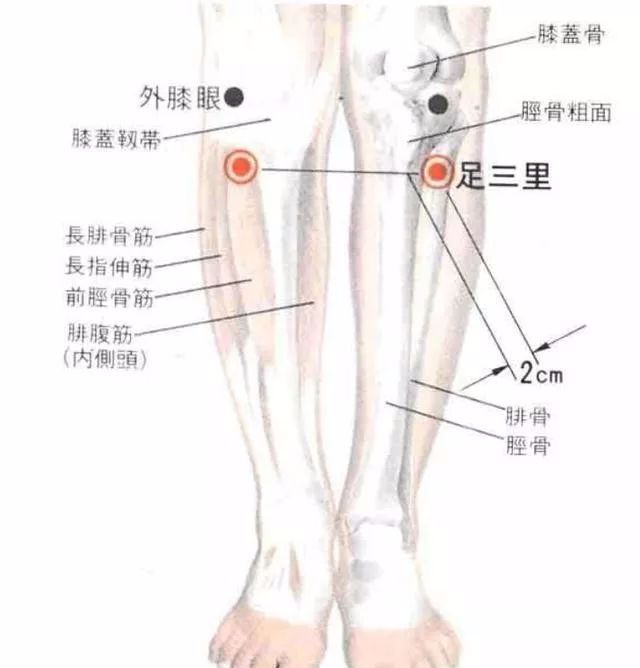
8. Zú sān lǐ (足三里)
Location: Located on the lateral side of the lower leg, 1 fingerbreadth from the anterior border of the tibia, 3 cun below Dúbì (犊鼻).
Function: Abdominal distension, vomiting, stomach pain, indigestion.
Technique: Knead, press, scrape.
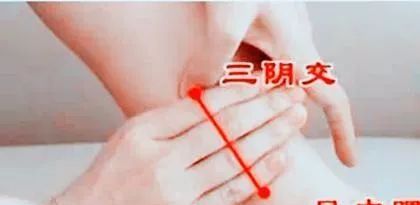
9. Sān yīn jiāo (三阴交)
Location: Located 3 cun above the medial malleolus.
Function: Spleen and stomach deficiency, indigestion, irregular menstruation, insomnia, neurodermatitis.
Technique: Point, pinch, knead, rub.
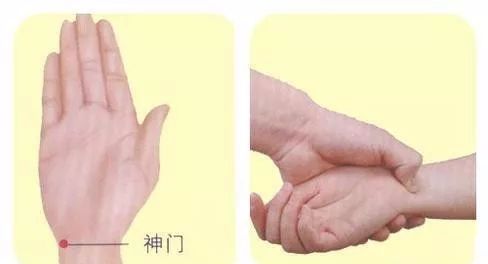
10. Shénmén (神门)
Location: Located on the radial side of the flexor carpi ulnaris tendon, at the ulnar end of the wrist crease.
Function: Palpitations, insomnia, night sweats.
Technique: Point, knead.
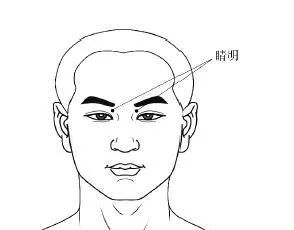
11. Jīngmíng (睛明)
Location: Located slightly above the inner canthus of the eye.
Function: Red and swollen eyes, nearsightedness, color blindness.
Technique: Press, knead, push, pinch.
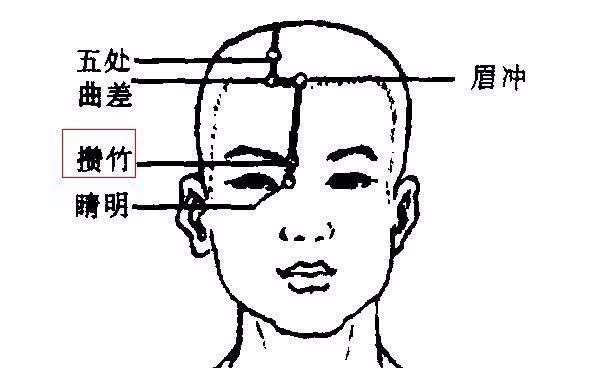
12. Cuánzhú (攒竹)
Location: Located at the midpoint of the eyebrow, at the supraorbital notch.
Function: Blurred vision, eyelid twitching.
Technique: Point, press, knead, push, pinch.
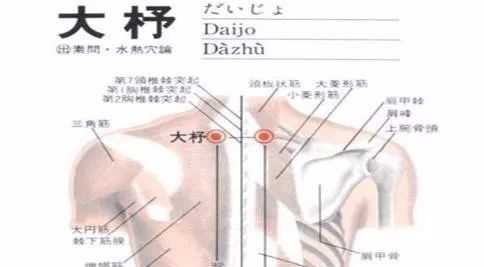
13. Dàshū (大抒)
Location: Located 1.5 cun lateral to the spinous process of the first thoracic vertebra.
Function: Fever, cough, back pain, headache, nasal congestion.
Technique: Press, knead, point.
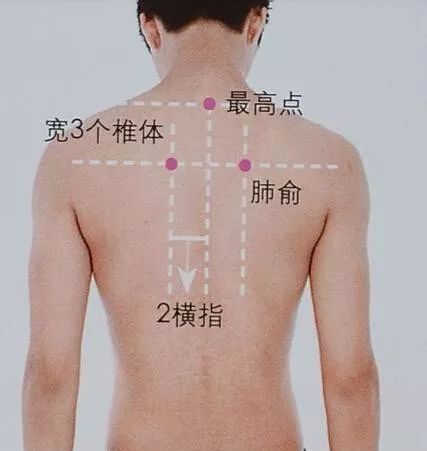
14. Fèi yú (肺俞)
Location: Located 1.5 cun lateral to the spinous process of the third thoracic vertebra.
Function: Cough, asthma, chest fullness, night sweats.
Technique: Press, knead, flick, push.
15. Xīn yú (心俞)
Location: Located 1.5 cun lateral to the spinous process of the fifth thoracic vertebra.
Function: Palpitations, forgetfulness, anxiety, heart pain.
Technique: Press, point, knead, push.
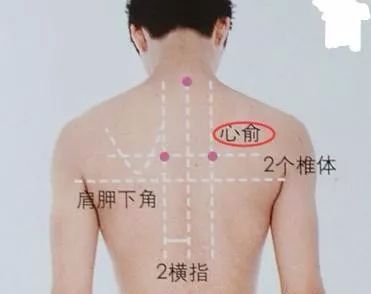
16. Dù yú (督俞)
Location: Located 1.5 cun lateral to the spinous process of the sixth thoracic vertebra.
Function: Abdominal fullness and pain, intestinal rumbling, reverse qi.
Technique: Knead, press, point, flick, push.
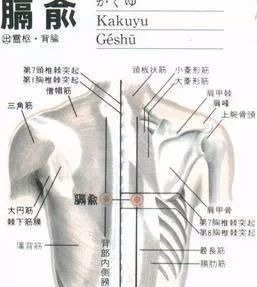
17. Gé yú (膈俞)
Location: Located 1.5 cun lateral to the spinous process of the seventh thoracic vertebra.
Function: Gastric pain, hiccups, vomiting.
Technique: Press, knead, press, push.
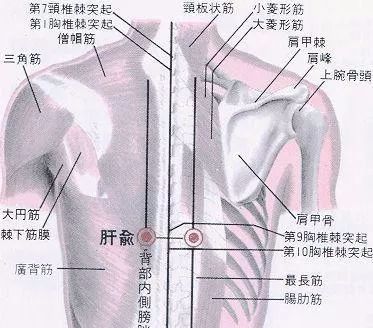
18. Gān yú (肝俞)
Location: Located 1.5 cun lateral to the spinous process of the ninth thoracic vertebra.
Function: Hypochondriac pain, eye diseases, coughing blood, insomnia with vivid dreams.
Technique: Knead, point, press, push.
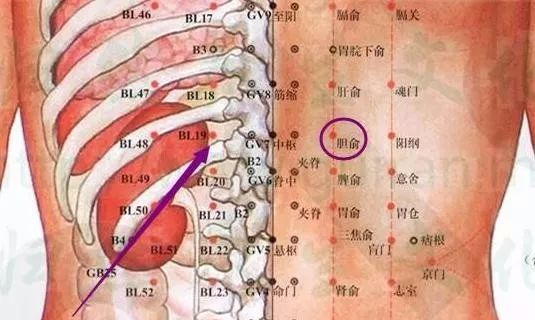
19. Dǎn yú (胆俞)
Location: Located 1.5 cun lateral to the spinous process of the first thoracic vertebra.
Function: Bitter taste in the mouth, poor appetite, throat pain and dryness.
Technique: Press, scrape, point, push.
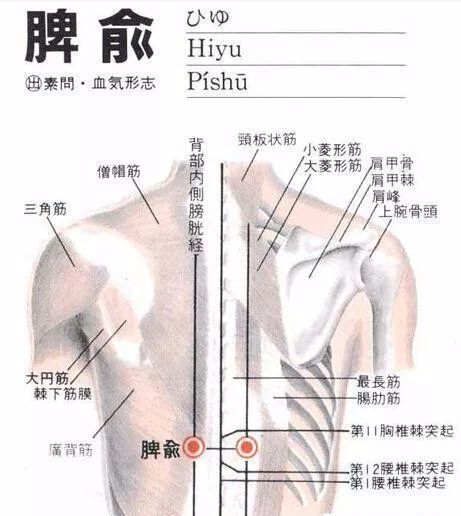
20. Pí yú (脾俞)
Location: Located 1.5 cun lateral to the spinous process of the eleventh thoracic vertebra.
Function: Gastric pain, vomiting.
Technique: Point, press, knead, push.
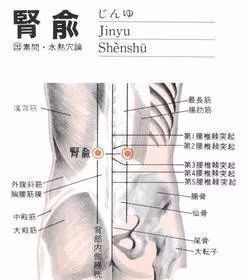
21. Shèn yú (肾俞)
Location: Located 1.5 cun lateral to the spinous process of the second lumbar vertebra.
Function: Irregular menstruation, cold pain in the lower back and knees, cough with little phlegm, tinnitus, and blurred vision.
Technique: Knead, press, push, rub.
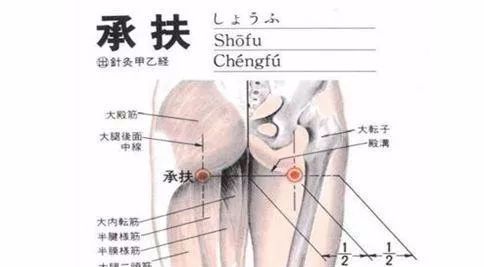
22. Chéngfú (承扶)
Location: Located on the midline of the horizontal crease under the buttocks.
Function: Pain in the lower back, thigh, buttocks, and sacrum, constipation.
Technique: Point, knead, press.
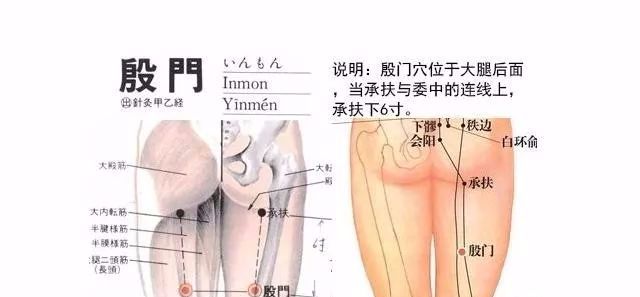
23. Yīn mén (殷门)
Location: Located on the line connecting Chéngfú (承扶) and Wěizhōng (委中), 6 cun below Chéngfú.
Function: Pain in the lower back and thigh.
Technique: Point, press, knead.
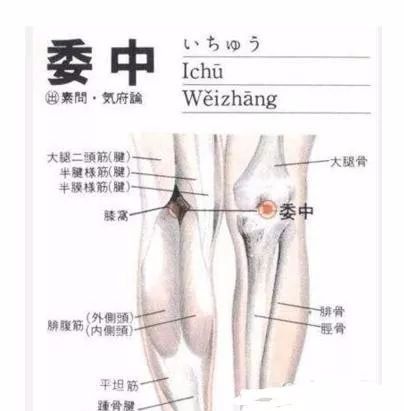
24. Wěizhōng (委中)
Location: Located at the midpoint of the popliteal fossa.
Function: Stroke, coma, muscle spasms, lower limb paralysis.
Technique: Press, knead, push, grasp.
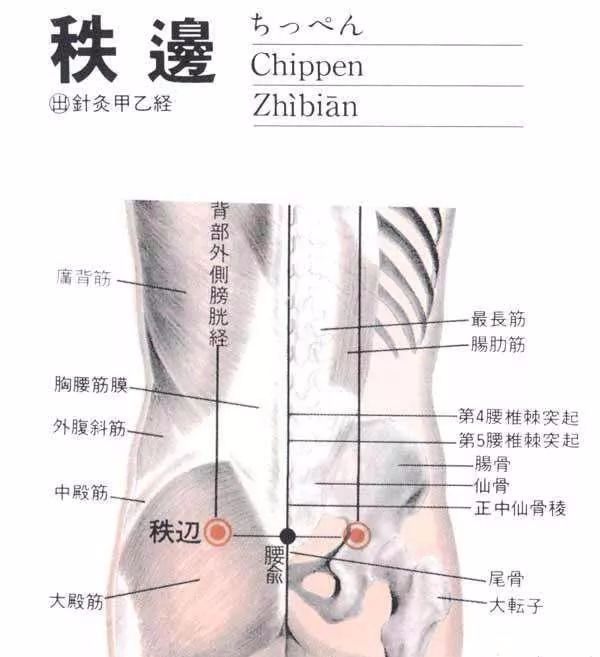
25. Zhìbiān (秩边)
Location: Located 3 cun lateral to the spinous process of the fourth sacral vertebra.
Function: Difficulty in urination and defecation, lower back pain.
Technique: Press, point, push.
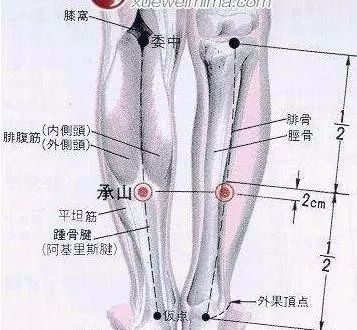
26. Chéngshān (承山)
Location: Located on the midline of the posterior lower leg.
Function: Constipation, lower back pain, hernia, hemorrhoids.
Technique: Point, press, rub, tap.
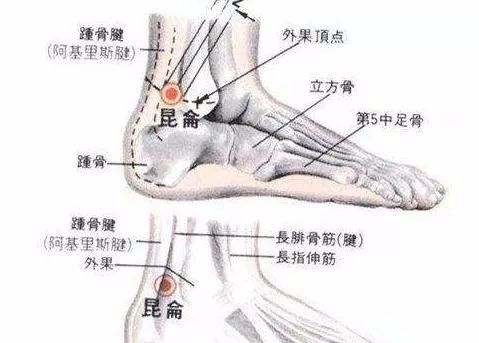
27. Kūnlún (昆仑)
Location: Located behind the lateral malleolus of the foot.
Function: Heel pain, lower back pain.
Technique: Knead, press, point, flick.
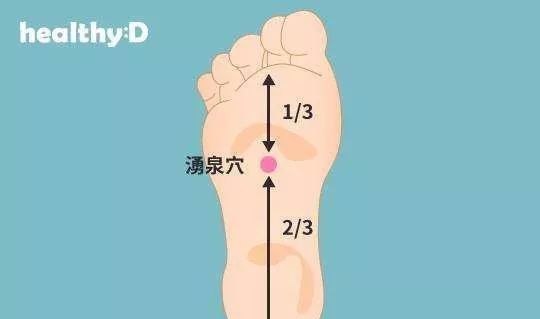
28. Yǒngquán (涌泉)
Location: Located at the depression on the anterior part of the foot when the toes are curled.
Function: Dizziness, throat pain, cramps, heat in the soles of the feet.
Technique: Push, press, knead, rub.
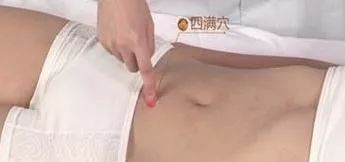
29. Sìmǎn (四满)
Location: 2 cun below the navel, about 0.5 cun lateral to the midline of the abdomen.
Function: Irregular menstruation, impotence, lower back pain.
Technique: Point, grasp.
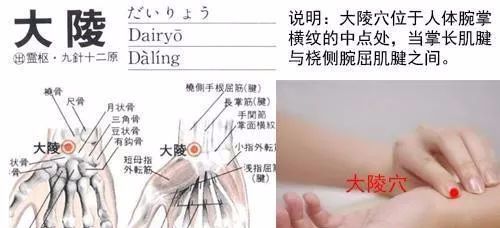
30. Dàlìng (大陵)
Location: Located at the midpoint of the wrist crease.
Function: Wrist joint pain, stomach pain.
Technique: Press, knead, flick.
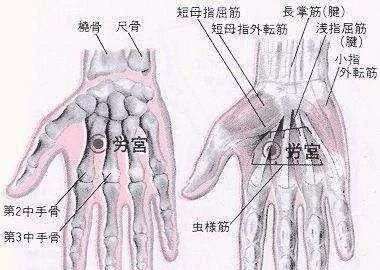
31. Láogōng (劳宫)
Location: Located between the second and third metacarpal bones, closer to the third metacarpal, at the midpoint of the palm.
Function: Stroke, coma, bad breath, heart pain.
Technique: Press, knead, grasp.
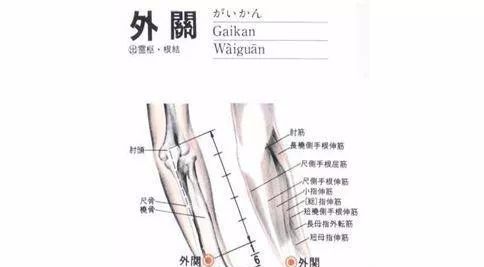
32. Wàiguān (外关)
Location: Located between the ulna and radius, 2 cun above the wrist crease.
Function: Diseases of the five senses, difficulty in flexing and extending the arm, hand tremors.
Technique: Press, knead.
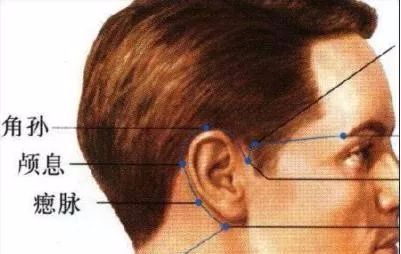
33. Lúxī (颅息)
Location: Located at the intersection of the line connecting the ear and the midpoint of the head.
Function: Headache, ear diseases.
Technique: Point, knead.
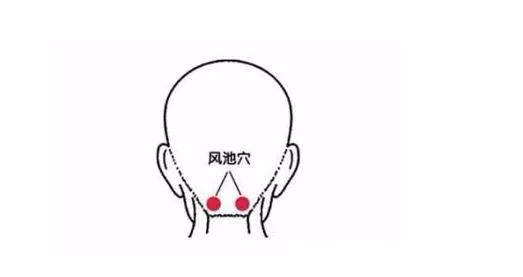
34. Fēngchí (风池)
Location: Located below the occipital bone, in the depression between the upper trapezius and sternocleidomastoid muscles.
Function: Headache, dizziness, neck pain, cold and wind.
Technique: Grasp, press, knead.
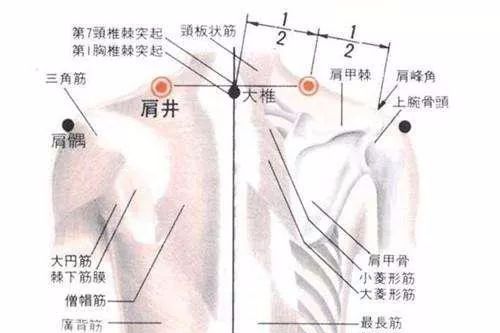
35. Jiān jǐng (肩井)
Location: Located at the midpoint of the line connecting the Dàzhuī (大椎) and the acromion.
Function: Shoulder and back pain, inability to raise the arm, various deficiencies.
Technique: Grasp, press, knead, roll.
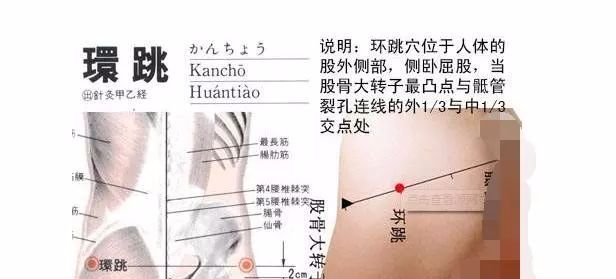
36. Huán tiào (环跳)
Location: Located at the intersection of the outer third and inner two-thirds of the line connecting the greater trochanter and the sacral hiatus.
Function: Pain in the lower back and legs, paralysis, hemiplegia, lumbar strain.
Technique: Point, press.
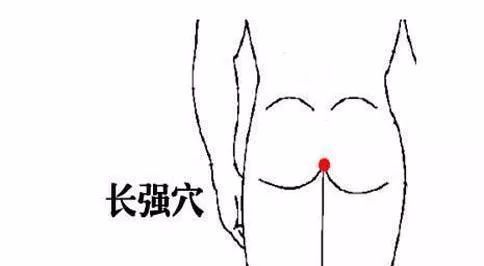
37. Cháng qiáng (长强)
Location: Located at the midpoint of the line connecting the coccyx and the anus.
Function: Constipation, lower back pain, blood in stool, mania.
Technique: Point, knead.
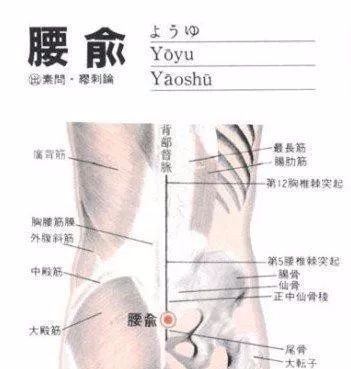
38. Yāo yú (腰俞)
Location: Located on the midline of the sacral region, at the sacral hiatus.
Function: Lower limb paralysis, irregular menstruation, diarrhea.
Technique: Point, knead, rub.
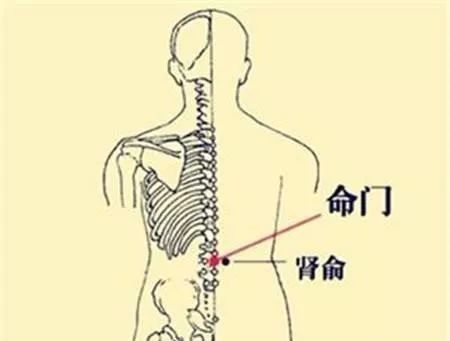
39. Mìngmén (命门)
Location: Located in the depression below the spinous process of the second lumbar vertebra.
Function: Lower back pain, deficiency, dizziness, tinnitus.
Technique: Point, knead, rub.
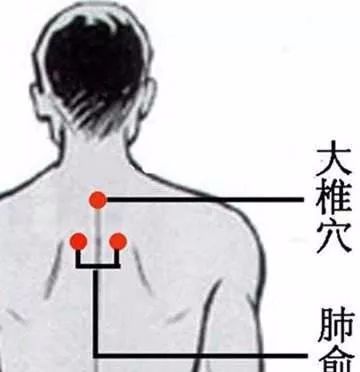
40. Dàzhuī (大椎)
Location: Located in the depression below the spinous process of the seventh cervical vertebra.
Function: Shoulder and back pain, arching of the back, vomiting, heat stroke.
Technique: Point, knead, rub, scrape.
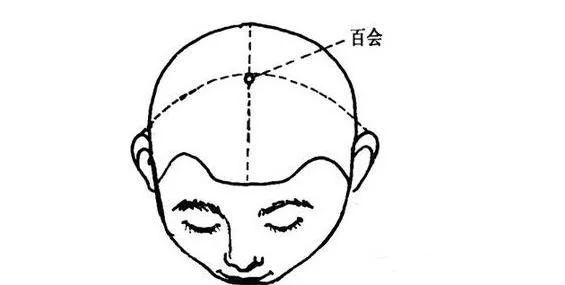
41. Bǎihuì (百会)
Location: Located 5 cun above the midpoint of the forehead, at the intersection of the line connecting the tips of the ears and the midline of the head.
Function: Headache, dizziness, forgetfulness, tinnitus, nasal congestion.
Technique: Point, knead, cut.
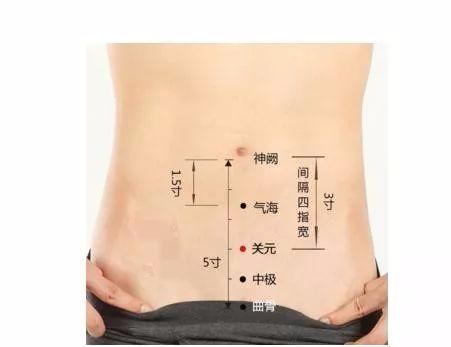
42. Zhōngjí (中极)
Location: Located 4 cun below the navel, on the midline of the abdomen.
Function: Irregular menstruation, impotence, edema.
Technique: Point, knead, vibrate.
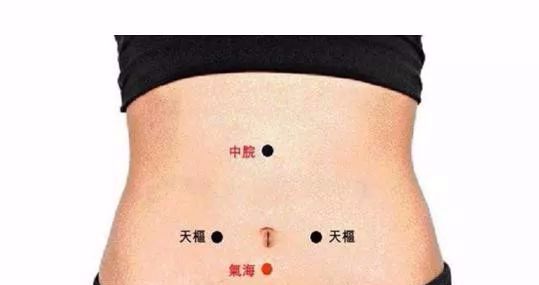
43. Guānyuán (关元)
Location: Located 3 cun below the navel.
Function: Deficiency, cold fatigue, lower abdominal pain, thirst, impotence.
Technique: Point, knead, vibrate.
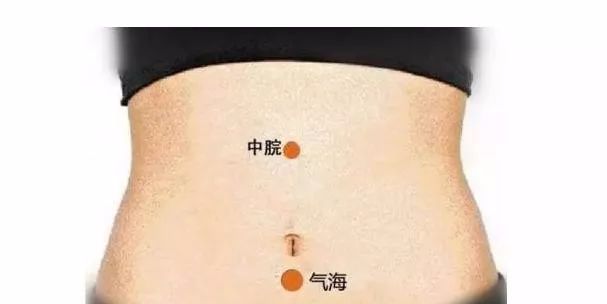
44. Qìhǎi (气海)
Location: Located 1.5 cun below the navel.
Function: Abdominal pain around the navel, poor digestion, constipation.
Technique: Point, knead, vibrate.
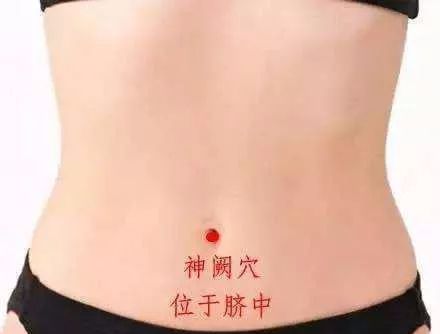
45. Shénquē (神阙)
Location: Located at the center of the navel.
Function: Stroke, collapse, cold limbs, incontinence.
Technique: Knead, rub, scrape.
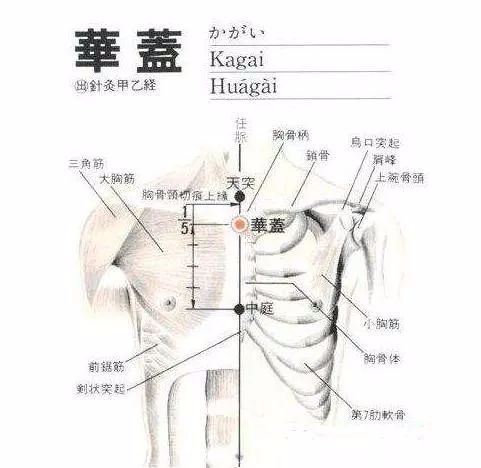
46. Huágài (华盖)
Location: Located on the midline of the chest, at the level of the first intercostal space.
Function: Cough, asthma, chest and side pain, throat swelling.
Technique: Point, knead, push.
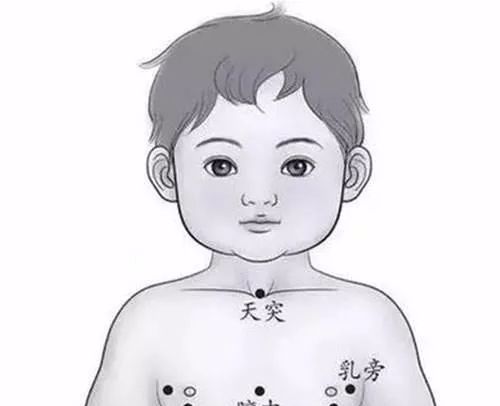
47. Tiāntū (天突)
Location: Located at the center of the suprasternal notch.
Function: Cough, asthma, plum pit qi, throat swelling.
Technique: Point, knead, push.
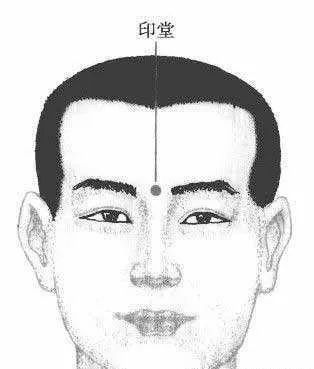
48. Yìndāng (印堂)
Location: Located at the midpoint between the two eyebrows.
Function: Dizziness, headache, trigeminal neuralgia.
Technique: Point, knead, push.
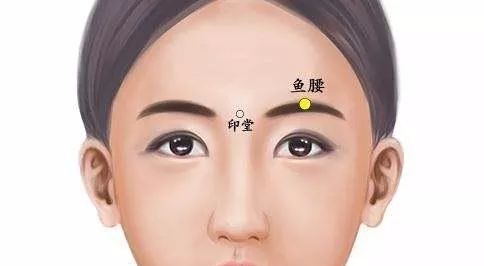
49. Yúwā (鱼腰)
Location: Located directly above the pupil, at the midpoint of the eyebrow.
Function: Red and swollen eyes, drooping eyelids, facial asymmetry.
Technique: Point, knead.
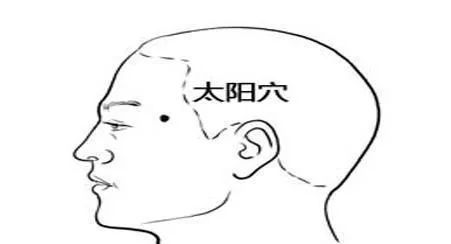
50. Tàiyáng (太阳)
Location: Located in the temporal region, at the midpoint between the eyebrow and the outer canthus of the eye, 1 cun lateral to the depression.
Function: Migraine, red eyes, toothache.
Technique: Point, press, knead.
Copyright Notice: The content and images in this article are compiled from the internet and are for non-commercial use. If there is any infringement, please contact the editor to delete. Please indicate the source when reprinting.
Reminder: The various prescriptions and remedies mentioned in this article are for reference and learning purposes only and should not be used as prescriptions. Please do not use them blindly. This platform does not bear any responsibility for any consequences arising from this.


